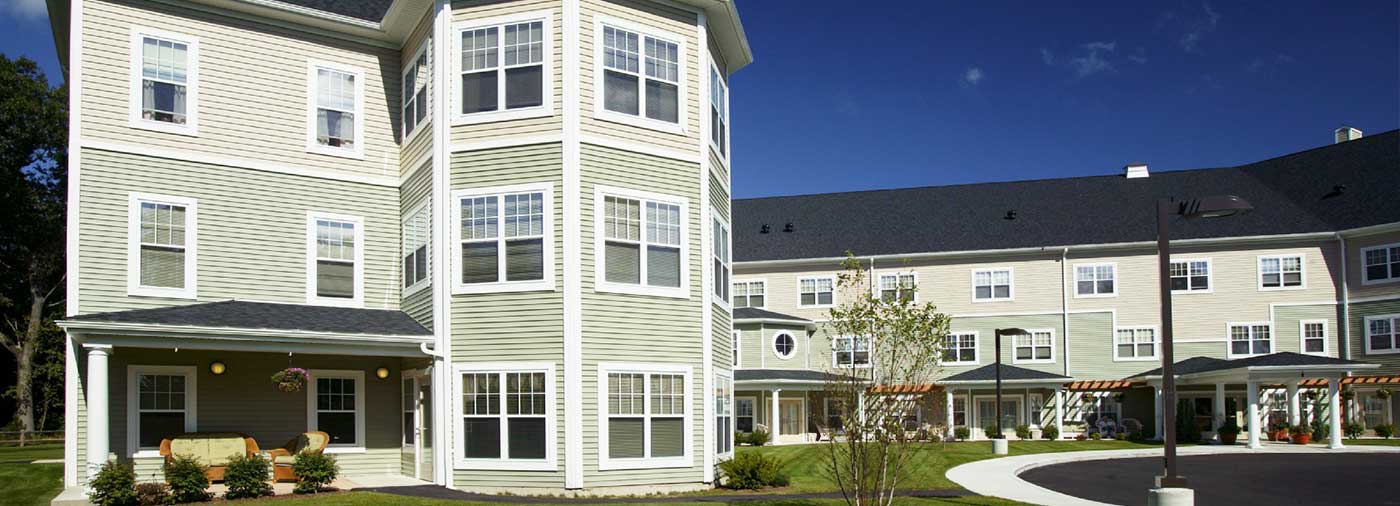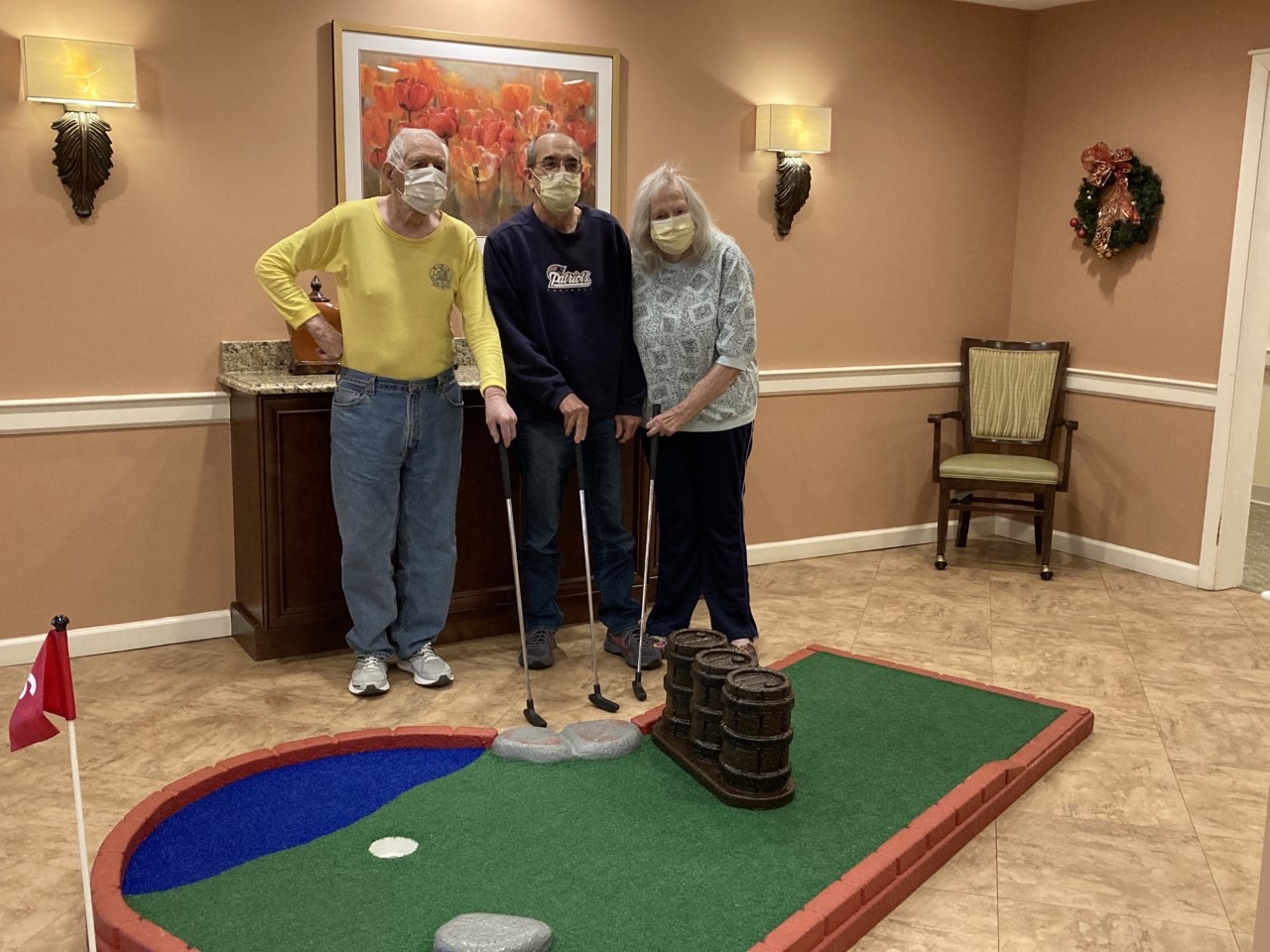Our state of health can change from one day to the next, bringing unforeseen challenges and decisions for us and our families.
Assisting our Residents or Clients as they transition from one service level to another – for the short- or long-term – is one of our skills. We’ll walk you through some situations showing how our care model supports points on your journey.
A “continuing care retirement community” is one in which an individual can move into independent living, for example, and, as their needs change, can move to assisted living, dementia/memory loss care and/or rehabilitation and skilled nursing — all on the same campus.
SALMON’s Director of Networking Andrew Salmon says, “The continuum of care model is crucial to the foundation of SALMON Health and Retirement, where it’s brought comfort to many families. There are built-in support systems throughout the continuum, reducing anxiety and uncertainty. And, our team encourages everyone to live at their highest level of function and independence, no matter their condition or health challenge.”
Couples
Because we don’t age or have simultaneous health challenges with our partners, the continuum helps couples stay close, even if they may sometimes live in different areas of the same campus. They can spend their days, sharing meals and taking part in programs and outings together, if they so choose.
Beaumont at Westborough Senior Director of Social Services Aviva List says this is a prime reason couples seek our campuses. “Families of any Resident, but especially those of couples, consider this aspect a huge advantage when choosing to move to one of our communities. One partner may need assistance with their personal care or be recuperating after a surgery; the other partner may lead a more active lifestyle. We offer them living together or just a short walk away from each other. Many spouses can still do most things together. The convenience provides so much comfort to families and spouses.”
SALMON’s Director of Marketing Communications Kate Salmon-Robinson says it’s all about offering peace of mind to those we serve. “We feel the continuum allows families to breathe a little more peacefully. We are here to support our Residents, whatever lies ahead for them.”
She adds, “Time and again, we hear the appreciation from Residents who’ve used our continuum. Spouses are grateful to participate in the care for their partners. They value the benefits of having already developed relationships with some of the staff and specialists before a time of need. Having housing and healthcare options on one campus allows them to give and receive daily love and affection.”
Rehabilitation
Beaumont Rehabilitation and Skilled Nursing Centers provide temporary care following a surgery or medical procedure. Whether the individual is a Resident of one of SALMON’s communities or is a new face, the care, service and commitment is undoubtedly the same.
List says, “With our campuses being relatively close, if there’s no availability for them on the campus where they live, we can refer them to one of our other Centers. Being able to accommodate our Residents in this unique way makes things seamless.”
After a patient completes short-term rehabilitation at Beaumont, List may recommend a respite stay to regain their strength at one of our Whitney Place Assisted Living Residences. Because the patient is usually transitioning from having multiple caregivers 24 hours a day, a respite stay can be a great intermediate step before their independence back home – wherever that may be.
Care as Needed
With options across the full continuum, customers choose to come in at one level and, if ever needed, have easy access to additional assistance down the road.
Salmon-Robinson says, “Our Residents don’t typically move in thinking they’ll need a different level of service in the future. They move in for peace of mind, knowing a plan is in place for the ‘what ifs.’ It’s the smartest decision someone can make for themselves, and a true gift to the people who care about them.”
A bonus about living in continuing care communities like ours is that, after experiencing the loss of a spouse, Residents receive comfort and encouragement from others close by – especially their understanding friends and neighbors who came to know the deceased. It’s a layer of support found invaluable by those who receive it.
The continuum of care concept is expected to grow in popularity when the 73.8 million people who will be over 60 in 2020 demand better care options. See how it can benefit you today!




